
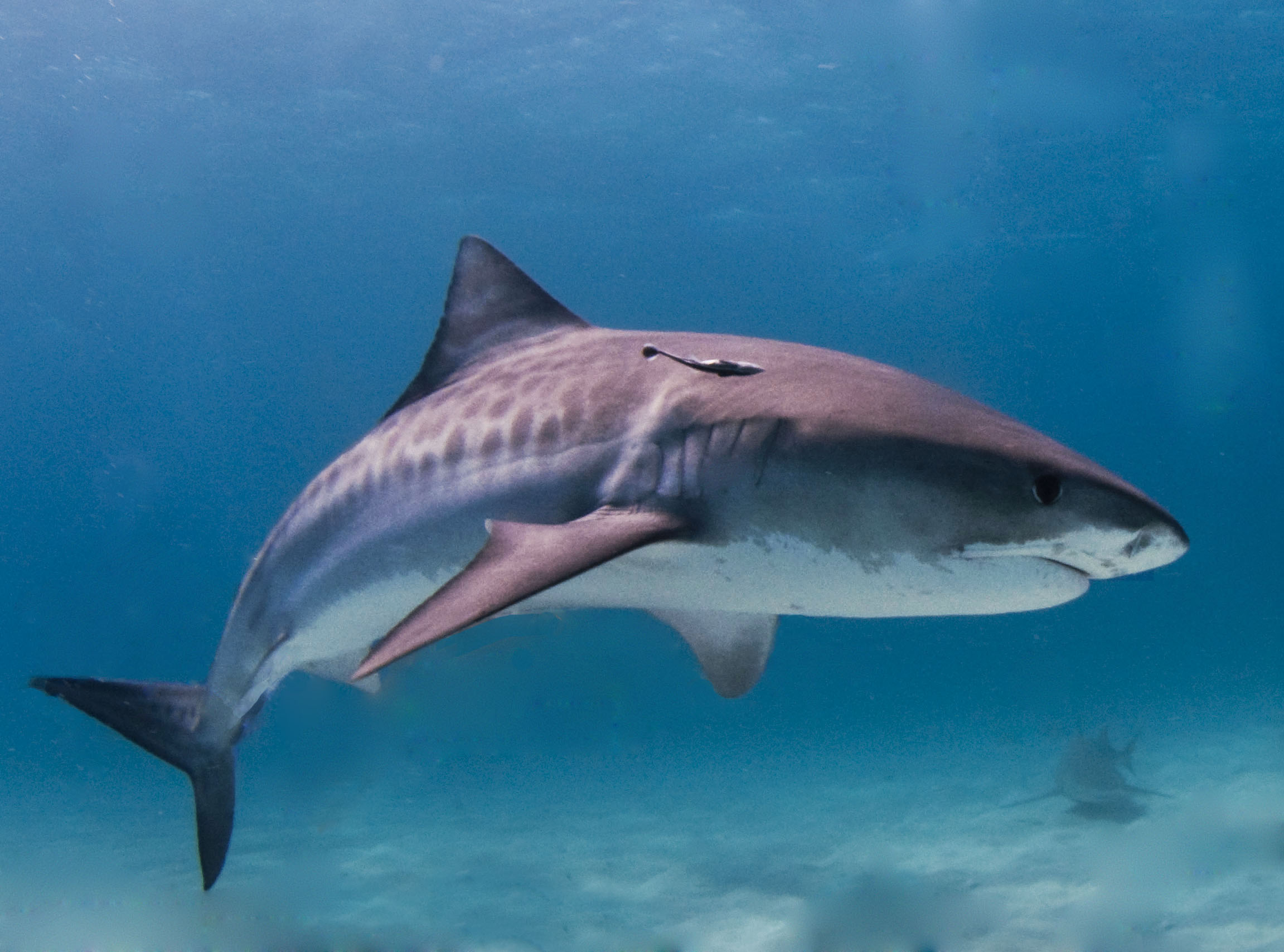

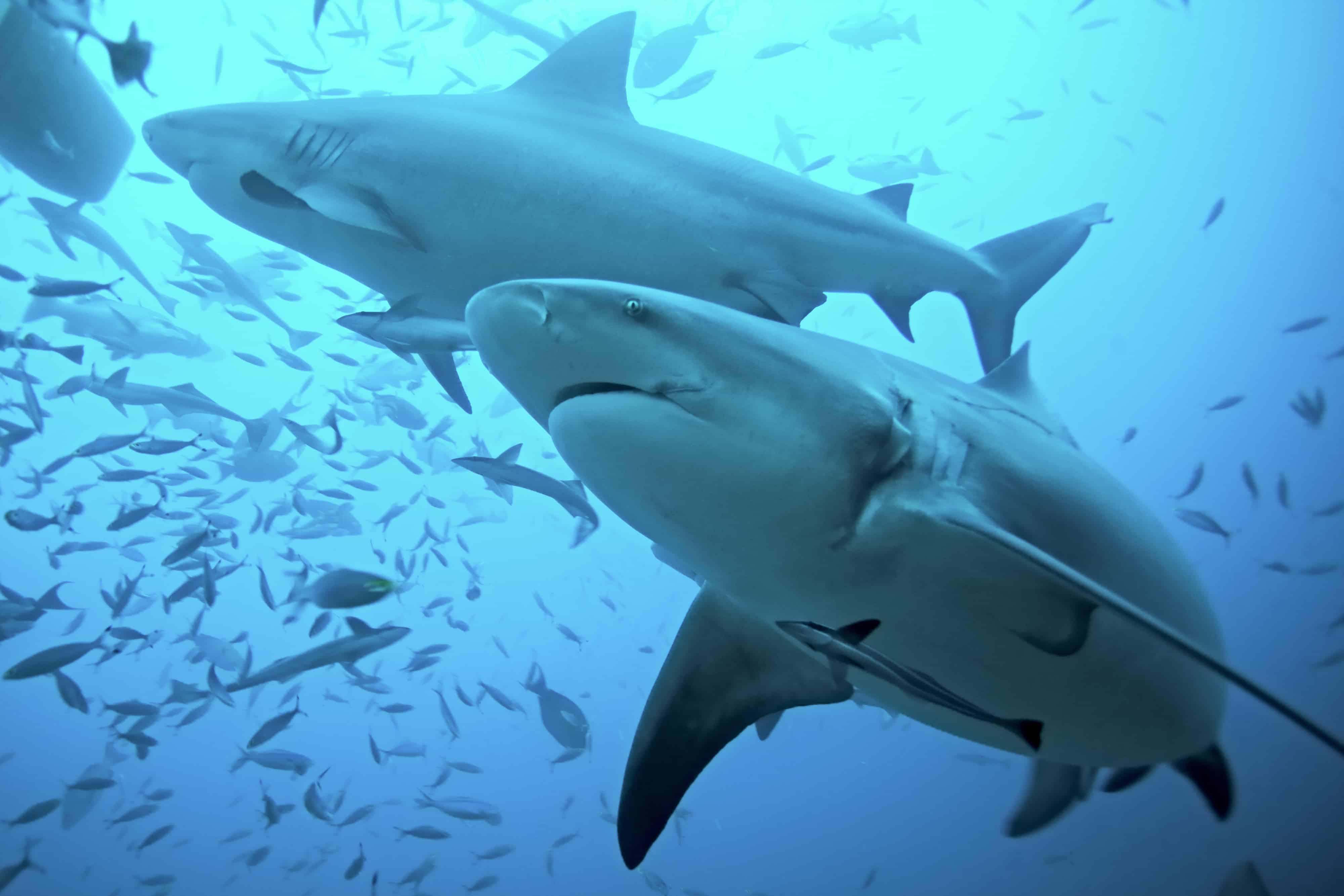
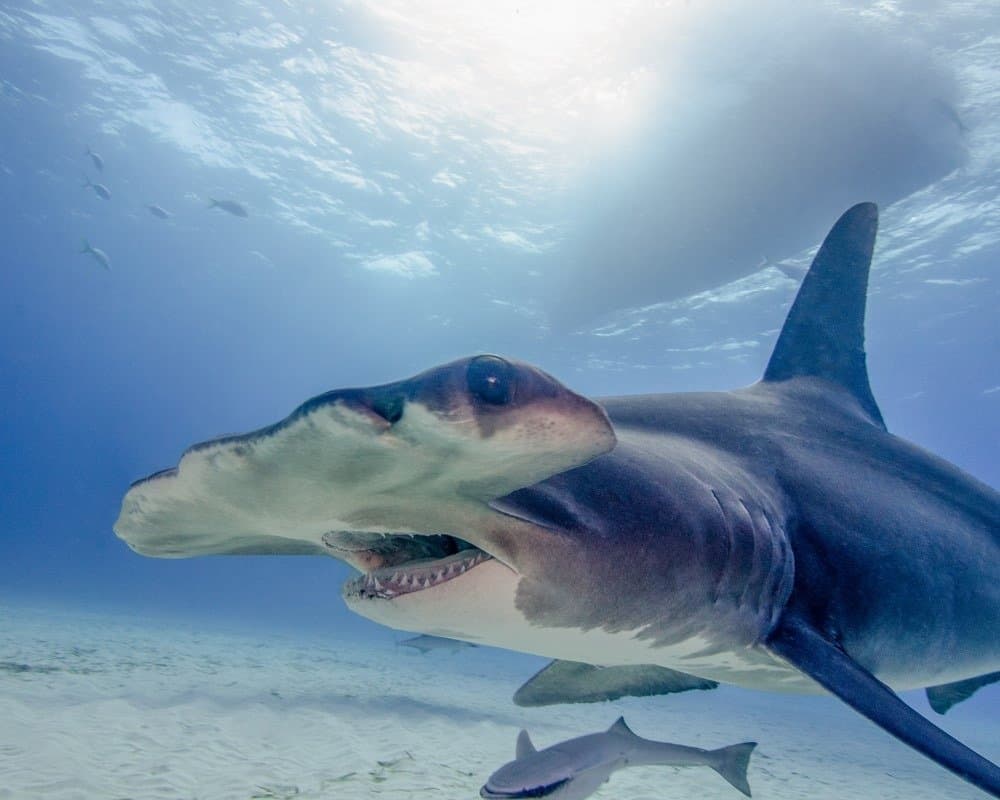

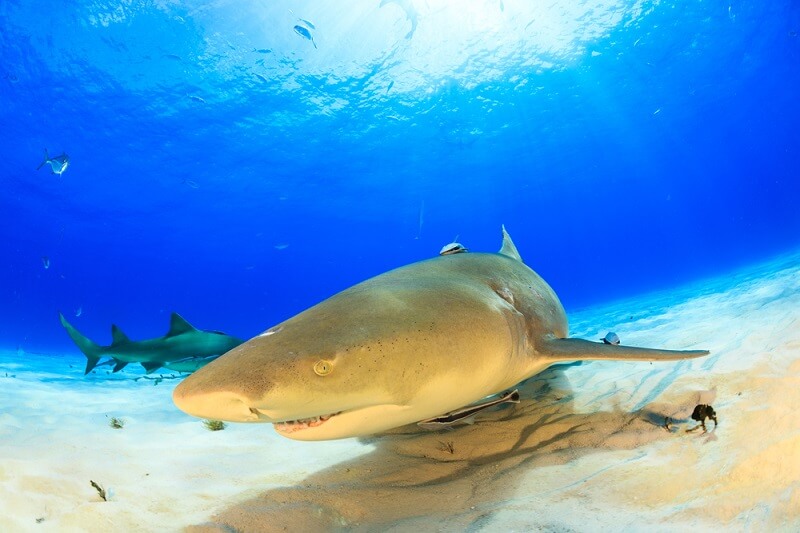
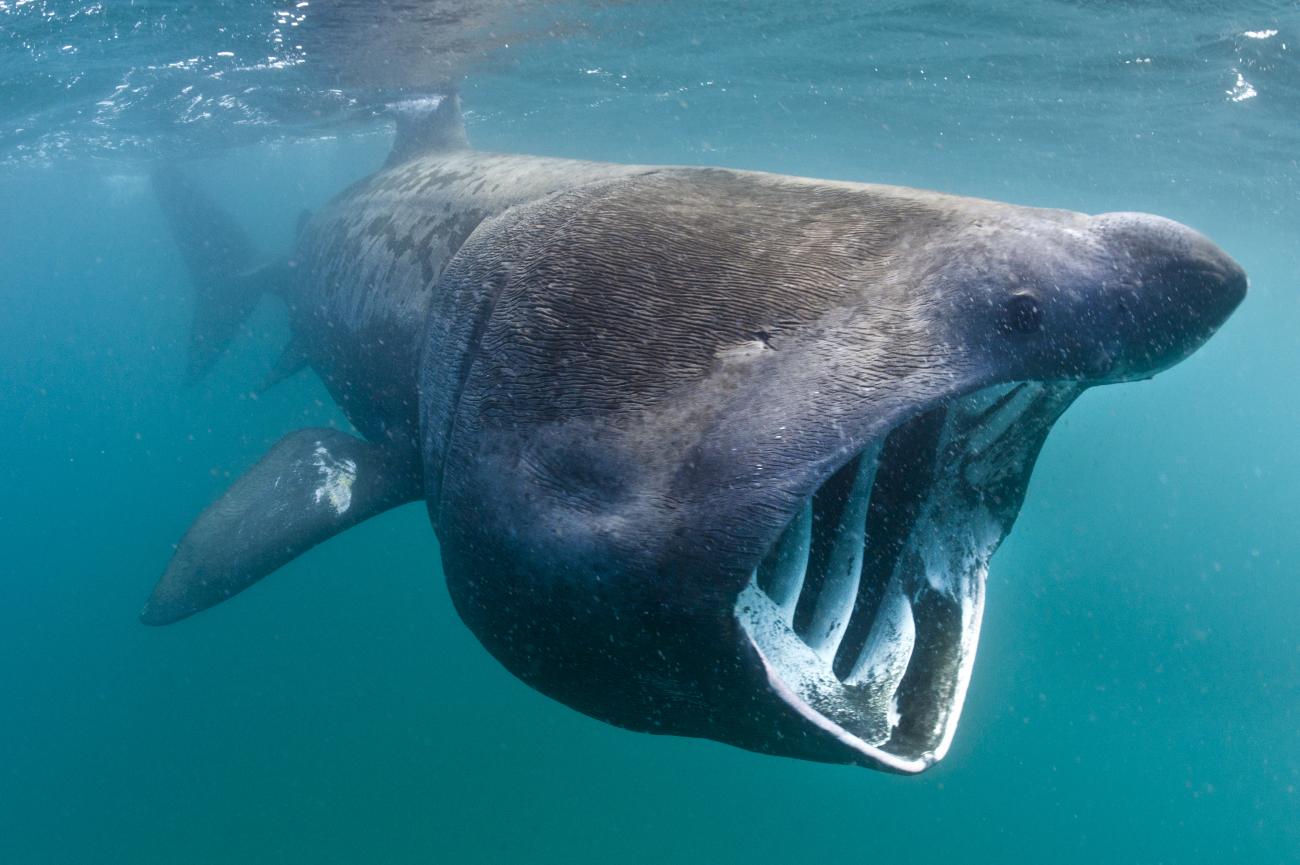








| Species of Shark | Length (ft) | Weight (pounds) | Speed (mp/h) |
| The Great White Shark | 15-20 | 3000-5000 | 30-35 |
| The Tiger Shark | 10-14 | 850-1400 | 15-20 |
| The Whale Shark | 18-33 | 38,000-41,000 | 1-3 |
| The Bull Shark | 7-12 | 200-300 | 20-25 |
| The Hammerhead Shark | 13-20 | 500-1000 | 15-20 |
| The Mako Shark | 9-13 | 200-800 | 31-46 |
| The Lemon Shark | 8-11 | 200-250 | 3-7 |
| The Basking Shark | 20-26 | 9,000-11,000 | 2-4 |
HELLO!!! Welcome to my page. Here, I'll quickly talk about sharks and their histroy. Sharks are a large group of fish that have inhabited the oceans for over 400 million years, even before dinosaurs populated our planet.
They belong to the superorder Selachimorpha, and modern sharks have specific characteristics like a cartilaginous skeleton, five or six pairs of gills and several rows of teeth.
Ancient Sharks lived before land vertebrates populated the Earth and even before many plant species developed on continents. While they were very different from those found today, sharks have been on this planet for a long time.
The shark species as we know them have been around for 100 million years; this means that they were dwelling the oceans when dinosaurs were roaming the land. This record-breaking survival cannot be anything but astonishing, developing an anatomy during this time which only has improved over those million years of evolution. These unique animals cause all kind of human feelings: fear, awe, curiosity, respect and love.
They have been widely represented in the popular culture as ruthless predators, which is the main reason why they cause all these different reactions. However, the truth is pretty different. Sharks are complex and fascinating creatures, which are distant from the general representation. Even more, many species are docile and harmless.
Some shark fossils discovered date back as far as 420-450 million years. Their evolution has produced several species with different sizes, anatomies, habits and behaviors.
Their classification according to the features such as the fin types, spine, snout and body shape determine the genus and family of each species.
For example, the great white shark has the mouth behind its eyes and a large dorsal fin by the middle of its body and a second dorsal fin behind.
An angel shark, on the other hand, has a couple of fins in the dorsal area near the tail and a flat nose with the mouth underneath.